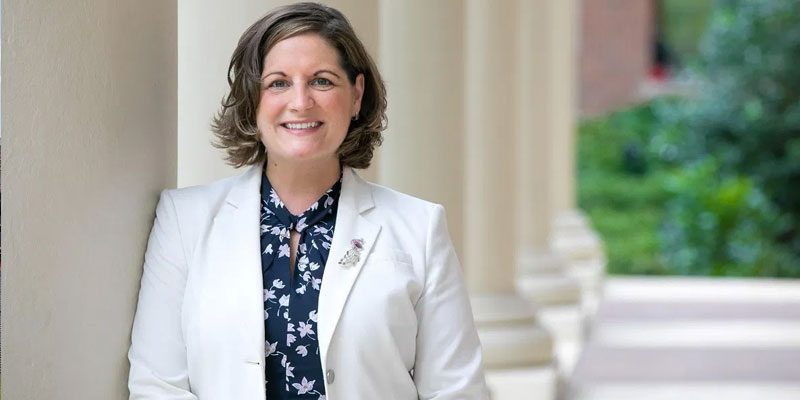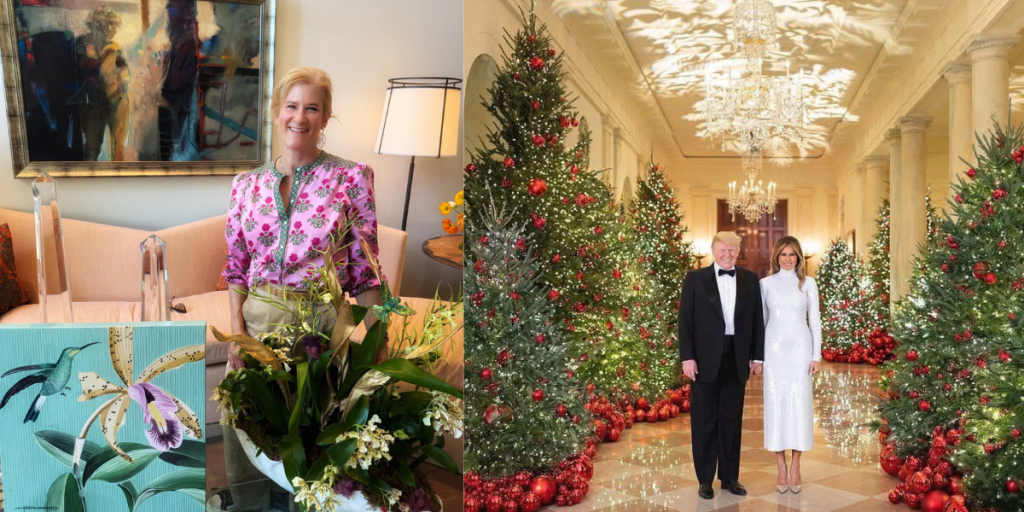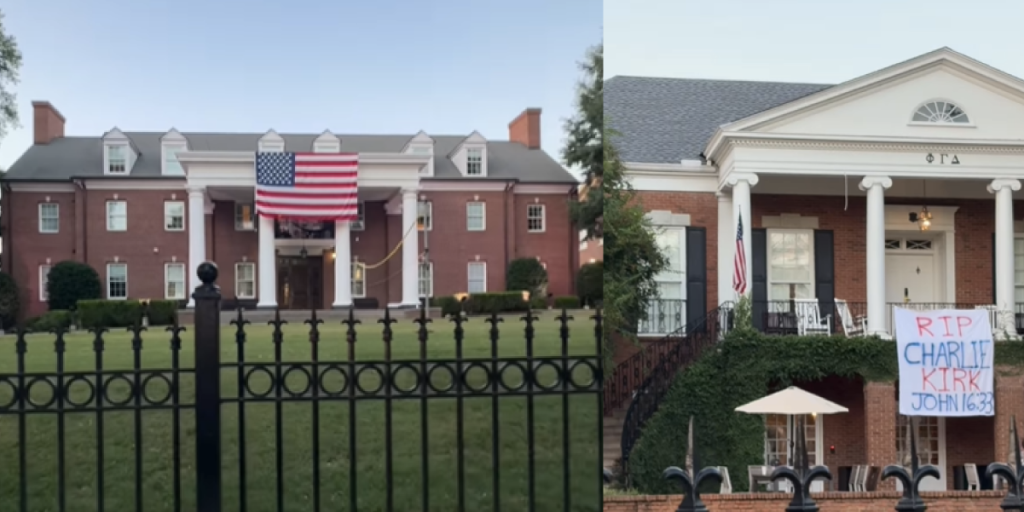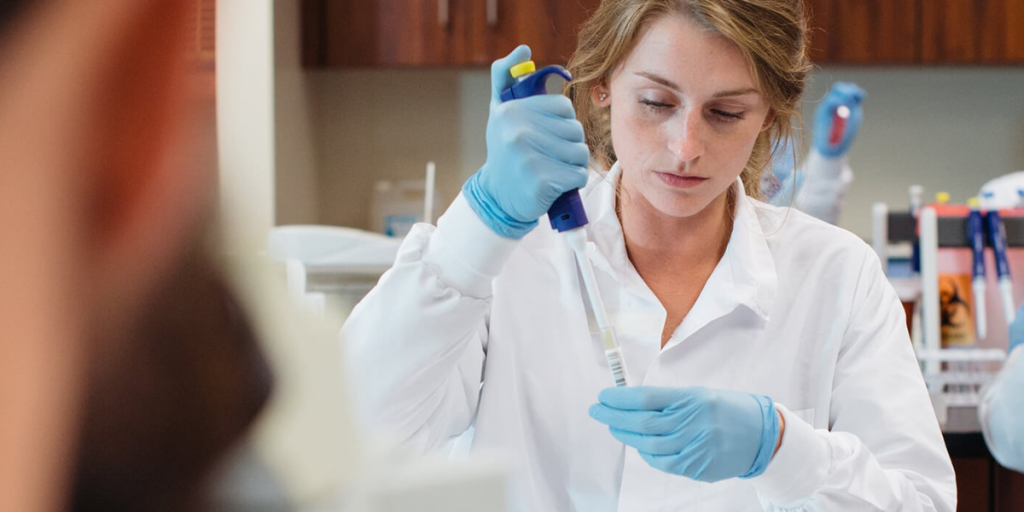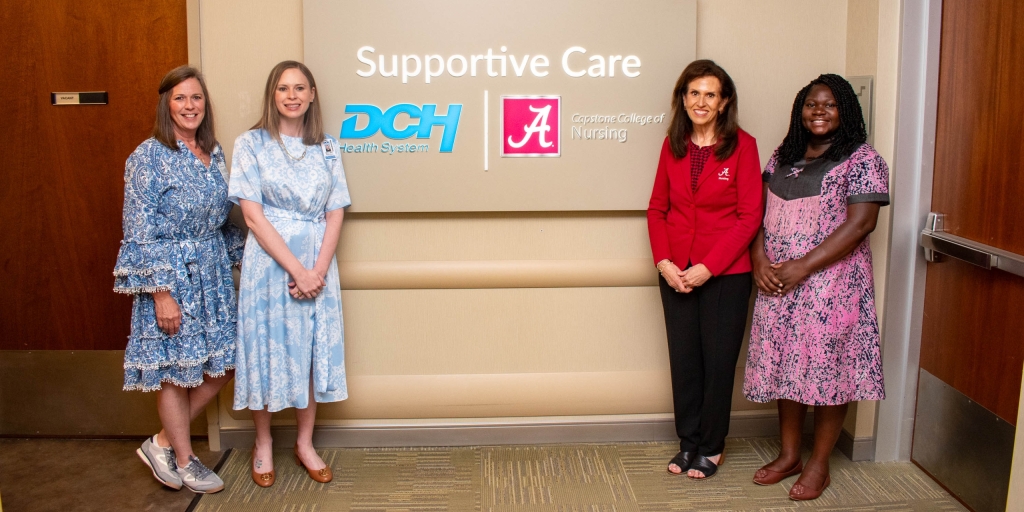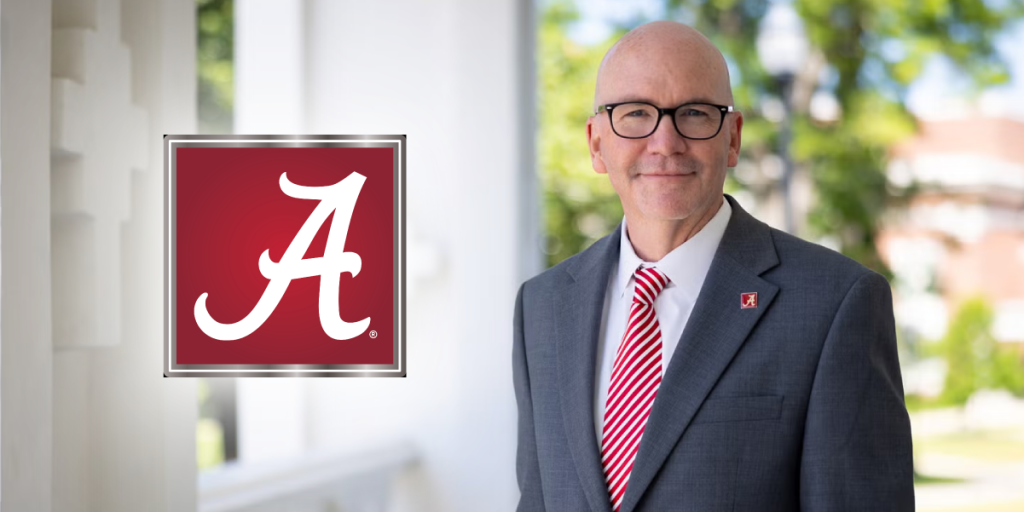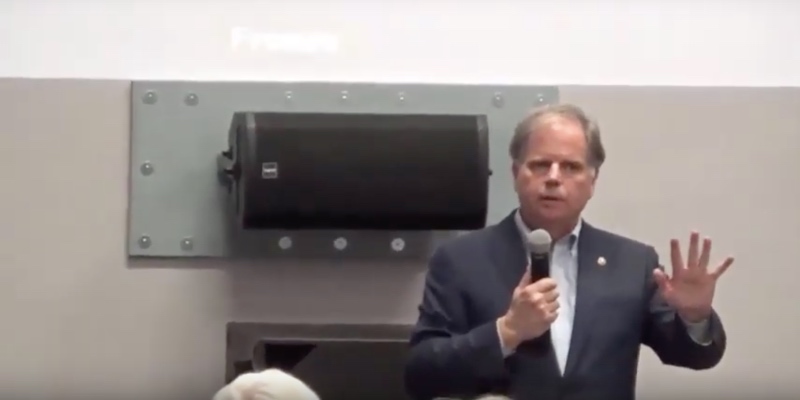The National Institute on Aging awarded $1.6 million to researchers from the University of Alabama and Florida International University to design touch-screen technology to improve communication between dementia patients and their caregivers.
Nicole Ruggiano, associate professor in the UA School of Social Work, said dementia patients often struggle to communicate about their daily care and symptoms they’re experiencing, like trouble sleeping or severity of pain. This can lead to “care-resistant behaviors” misunderstood by caregivers.
“Our technology will be similar to the sensory and communication boards we see with students with autism,” Ruggiano said. “It’ll be a customizable tablet with all the things the person really likes – pictures of their favorite foods, their favorite clothing. So, when caregivers are engaging with them, if they have trouble with words, or confusion due to cognition problems, it’ll make caregiving activities a lot easier.”
The project will span five years and include a pair of clinical sites at the UAB’s Memory Disorders Clinic and Miami Jewish Health.
Since 2016, Ruggiano has worked extensively with families affected by Alzheimer’s disease and other types of dementia in Alabama and has a keen interest in alleviating burdens for caregivers. In Alabama, there are roughly 300,000 people providing care for someone living with dementia, Ruggiano said.
Beyond her research, Ruggiano has worked with the Alabama Department of Senior Services to provide statewide training on dementia care and caregiving. Ruggiano was recently appointed to the Alabama Lifespan Respite Coalition.
Ruggiano’s interest in using technology to improve dementia care spans several years and collaborations with Dr. Ellen Brown, associate professor of nursing at Florida International University. In 2016, the pair created CareHeroes, a multifunction app to improve communication between physicians providing dementia care and caregivers. The app aims to decrease caregiver burden and depression symptoms, which are often experienced because of the stress of caregiving. In 2018, the Agency for Healthcare Research and Quality awarded Ruggiano and Brown $300,000 to test the app with more than 60 participants at sites in Alabama and Florida.
Bridging the gap between those with less access to technology can remove complex barriers to care by understanding how different vulnerable groups experience technology, Ruggiano said. For instance, in her work in rural Alabama, where specialty care is limited, caregivers often lack education and information about dementia and are more likely to view symptoms of dementia as normal signs of aging.
“I’ve had people tell me that, for the first time, they really understand what’s going on with their loved one,” Ruggiano said.
Ruggiano, along with UA computer science faculty members Monica Anderson, Jeff Gray and Zhe Jiang, will develop a resource database for dementia care across Alabama through a $150,000 grant from the National Science Foundation (NSF).
There’s no standard database or resource repository, so caregivers don’t know what’s available, Ruggiano said. This database would require crowd-sourced data from caregivers and providers.
“For instance, for incontinence supplies, they’d put how much they paid and where they were cheapest,” Ruggiano said. “Additionally, the database will self-assess that information for accuracy.”
After a year of development with focus groups, surveys and a prototype, researchers will apply for another NSF grant to build a web app for the database. The final product will allow users to perform needs assessments, and the app would provide resources and maps to match their needs.
“A lot of dementia care is being done in primary care, and those providers aren’t really sure about services, so they can’t make referrals for their patients and caregivers,” Ruggiano said. “This database can be extremely helpful.”
This story originally appeared on the University of Alabama’s website.
(Courtesy of Alabama NewsCenter)




